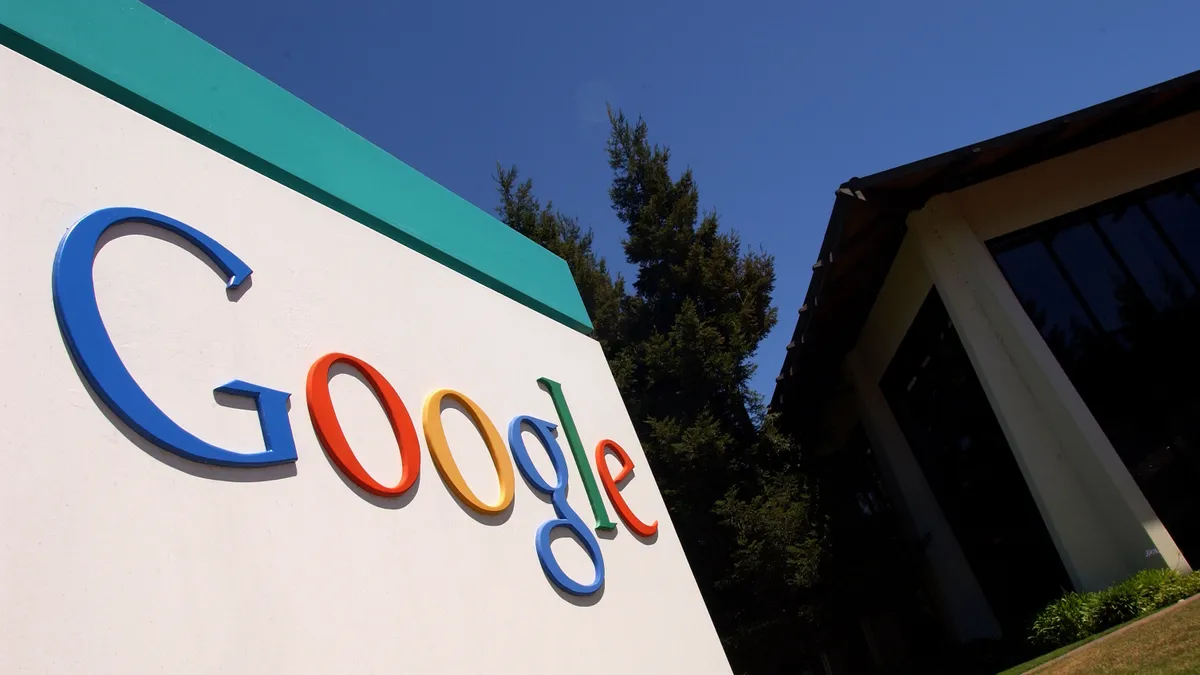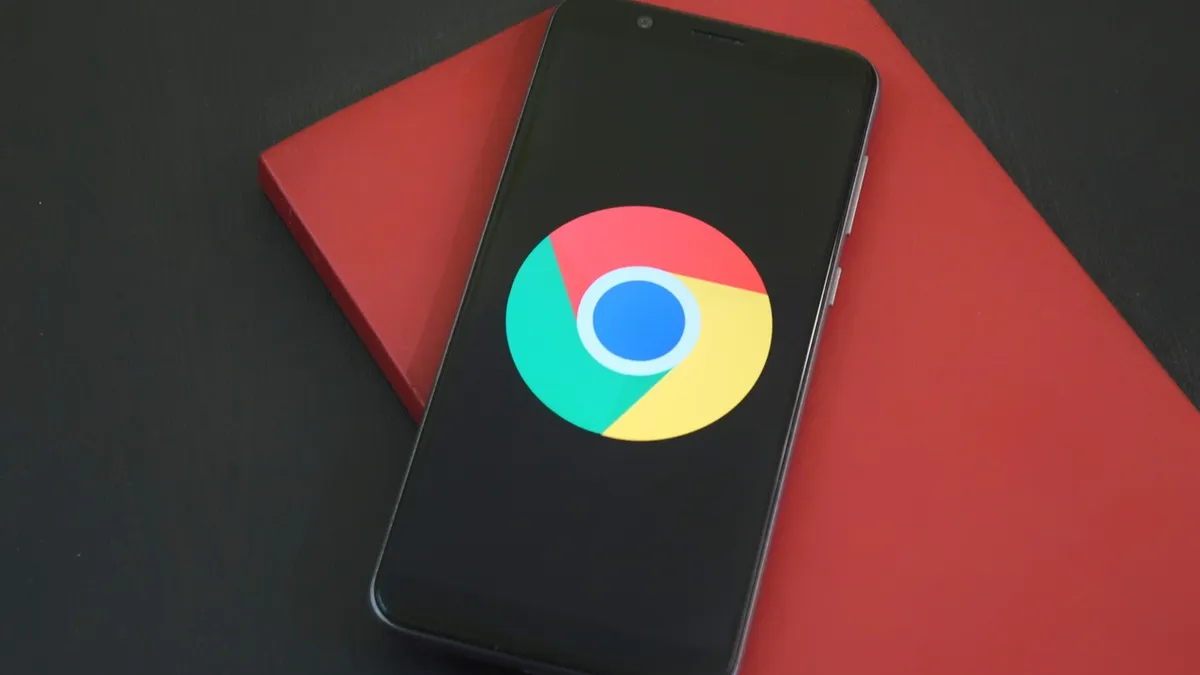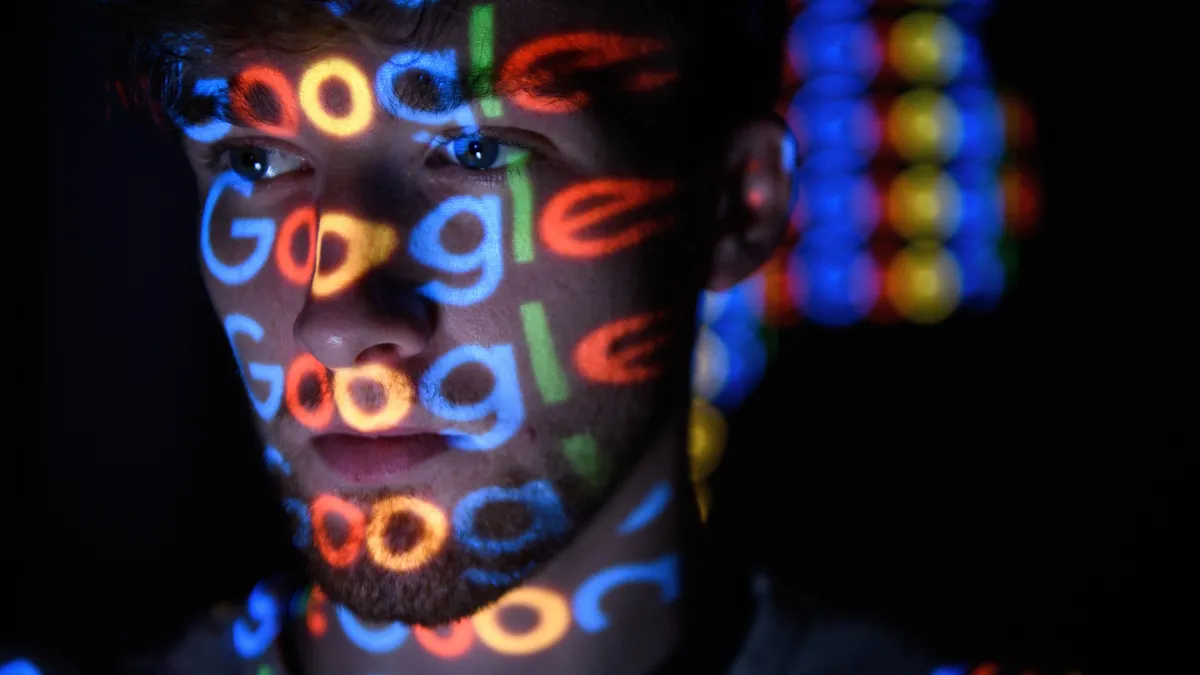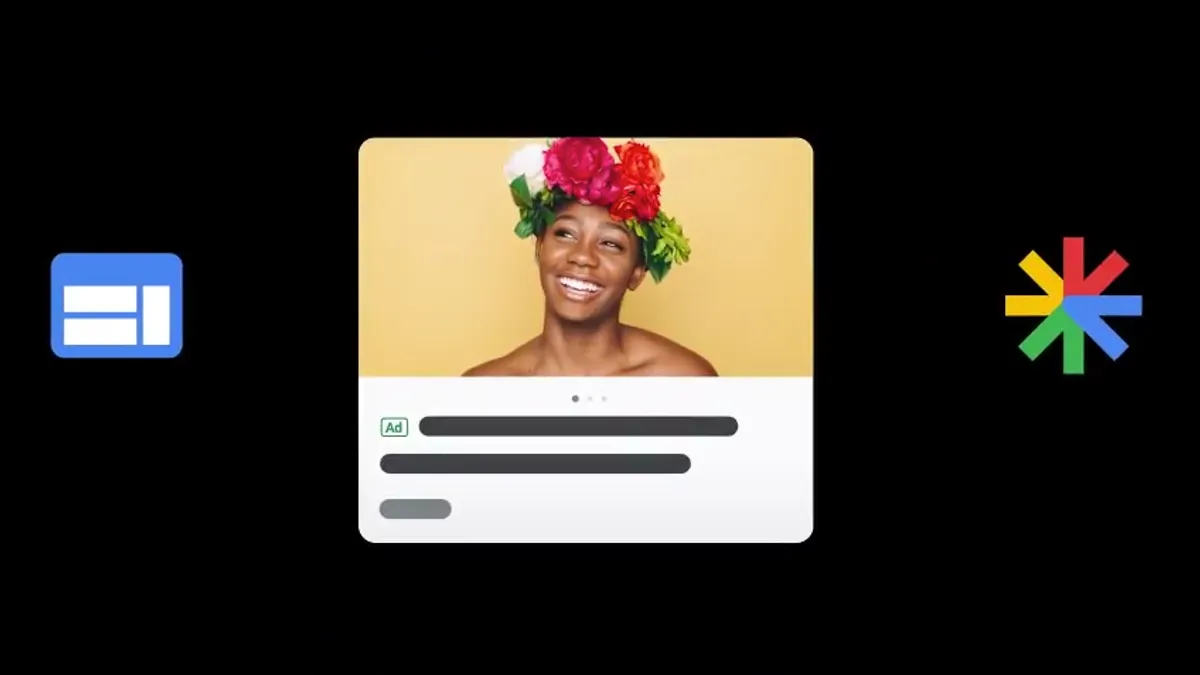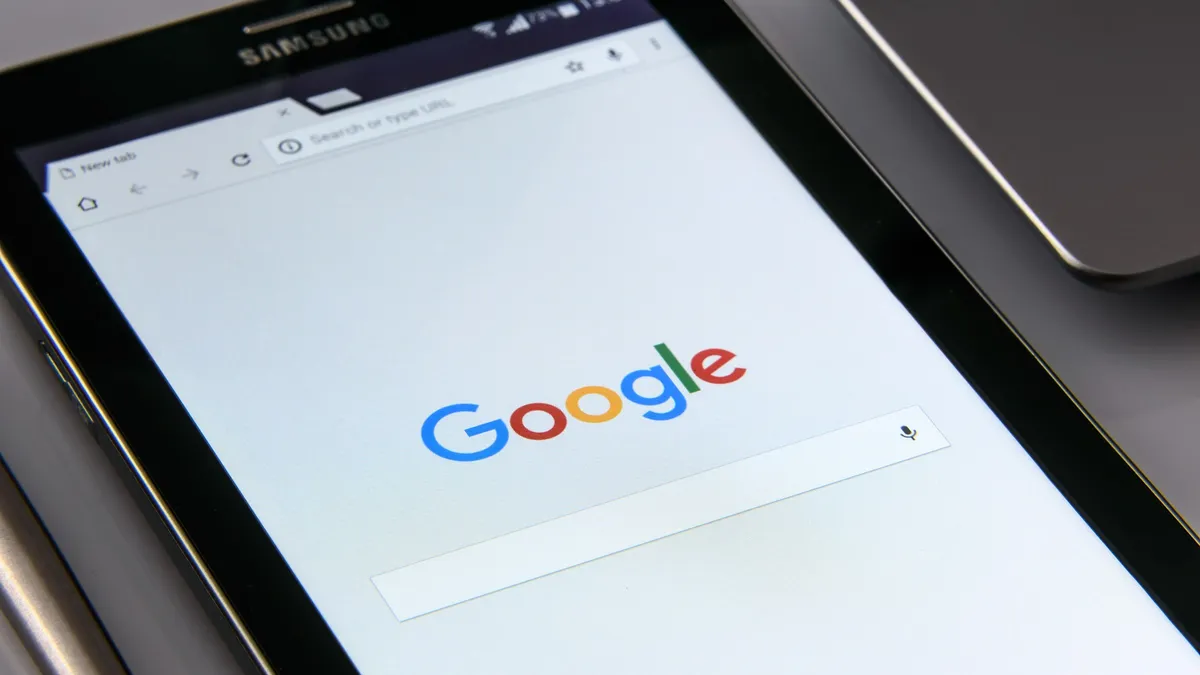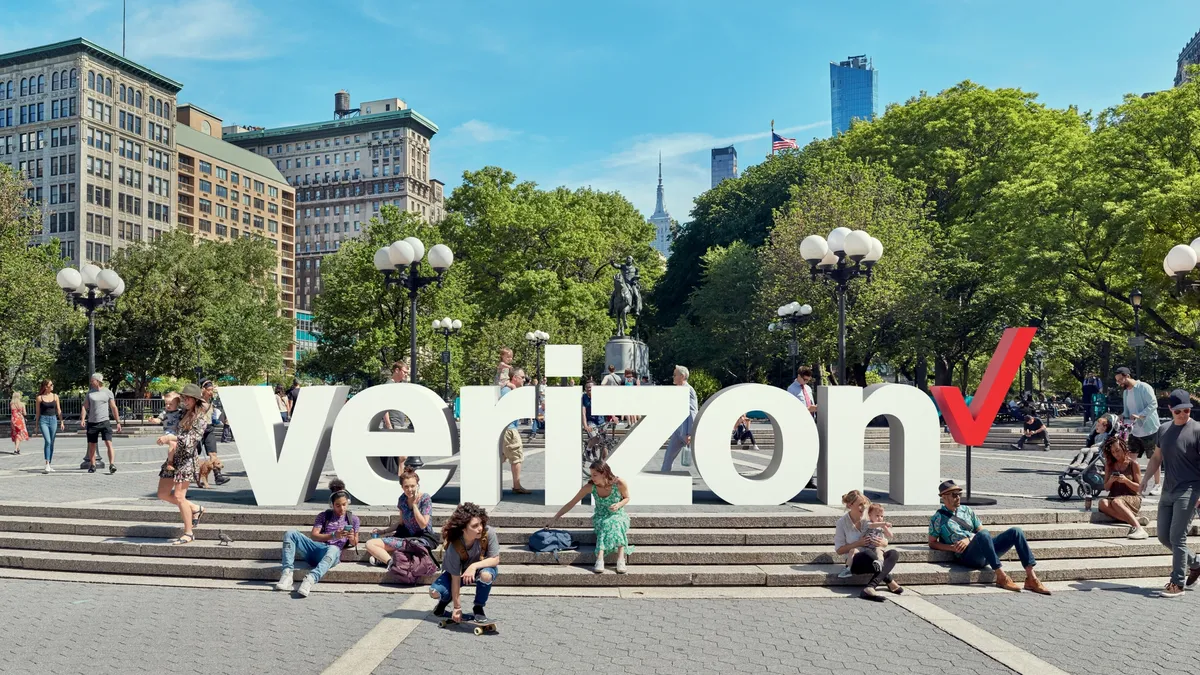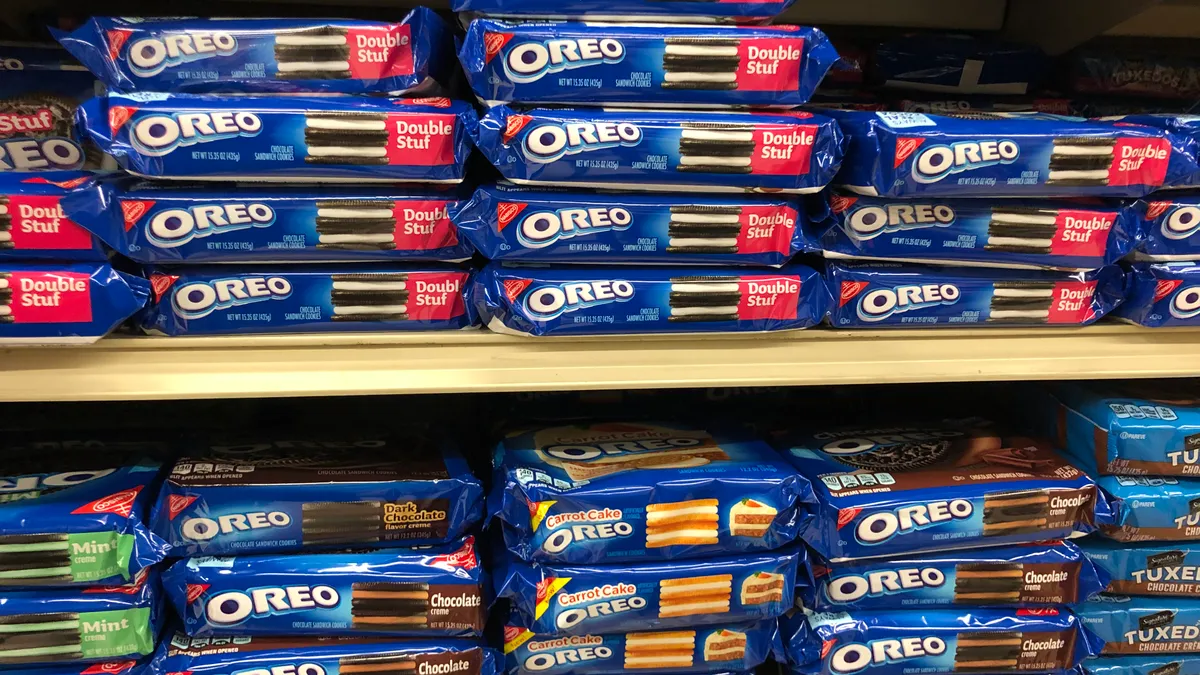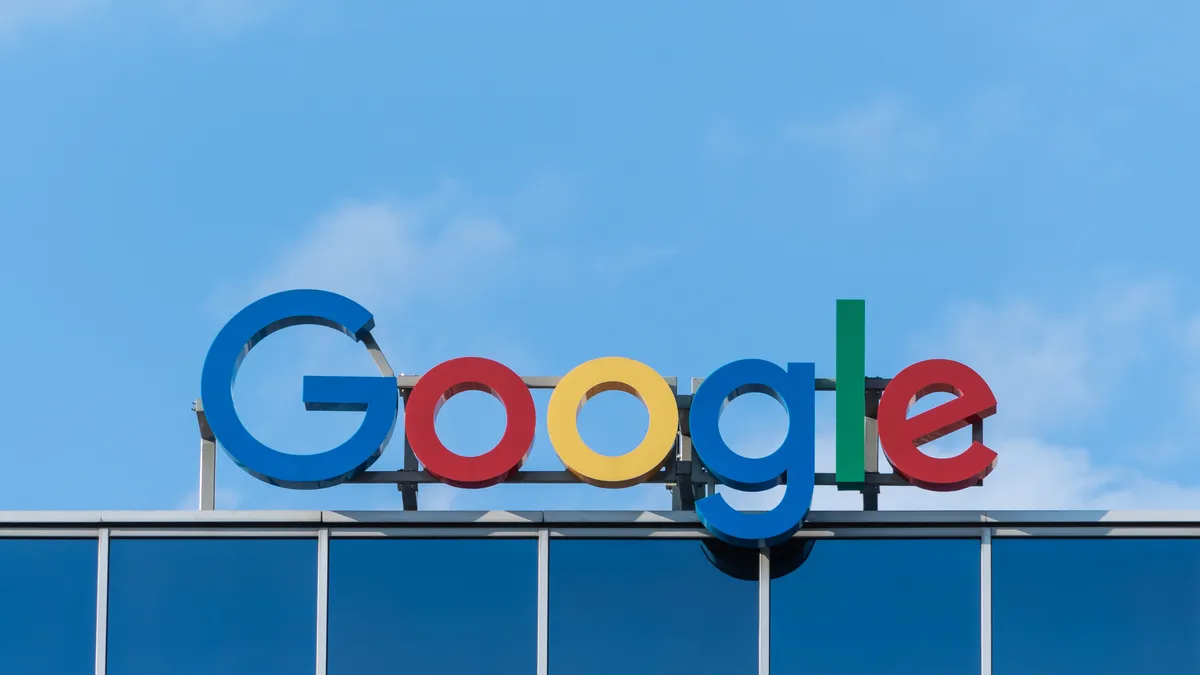Google's decision to phase out third-party cookies in 2023 — instead of by the start of 2022, as originally planned — was welcome news for an ad industry that has been scrambling to plan for a cookieless future amid other changes to the data privacy landscape.
But even with a clearer timeline of when Google will kill off cookies, the day will still come when advertisers, ad tech providers and publishers can no longer use third-party cookies to track consumers and target ads and content.
"It is like when you hear that the math exam you've been dreading for the past 2 weeks is canceled because the teacher is out sick," said Hugo Loriot, partner at data consultancy fifty-five. "You'll still have to brush-up at some point, and the worst marketers can do today is to leave it for later."
Over the next year-plus, the ad industry has time to work on new privacy solutions — whether crafted by Google or not — as it prepares for the cookieless future. And in the short term, marketers will have to decide whether they'll keep betting on the content and commerce plays they've used to acquire first-party data when the deadline was closer.
Behind Google's decision
The tech giant's June 24 announcement was hailed as responsible, the right call and good news by countless experts who shared emailed comments with Marketing Dive. It also made definitive what many experts expected: that Google's original deadline for cookies would have to be delayed, due to a variety of technical factors — to say nothing of the renewed regulatory and antitrust interest in the U.S., U.K. and EU about how Google runs its ad business that has perhaps caused the company to tread lightly with such a major move.
In January, Google started putting more weight behind its Federated Learning of Cohorts (FLoC) proposal, claiming that advertisers can expect to see at least 95% of the conversions per dollar spent that they currently get with cookie-based advertising — a claim that has faced plenty of skepticism in the industry. As its name implies, FLoC uses cohorts of consumers rather than individualized tracking, an approach many advertisers and agencies find is less relevant and effective for marketing purposes.
"Google may have extrapolated Facebook's challenges to the ones that it may face post third-party cookie deprecation and the resultant impact on its revenues."

Udayan Bose
Founder and CEO, NetElixir
Recently, Google hit a major roadblock as Amazon properties including Amazon.com, WholeFoods.com and Zappos.com began blocking FLoC, per a Didigay report, a move that "took out a leg" of the technology, according to Patrick O'Leary, founder and CEO of publisher CRM firm Boostr.
"Amazon has quickly been replacing Google as the product search leader with the best purchase intent data on the internet. Without that data, Google's FLoC will be limited in effectiveness for purchase intent targeting," O'Leary said.
Amazon is not the only tech competitor who has complicated the privacy landscape for Google. Along with a raft of forthcoming privacy features it announced at its Worldwide Developers Conference, Apple finally made its mobile Identifier for Advertisers (IDFA) an opt-in feature. The move has already disrupted the ad business of chief rival Facebook and may have caused Google to reconsider its timeline.
"Targeted retargeting on Facebook has all but vanished literally overnight. Google may have extrapolated Facebook's challenges to the ones that it may face post third-party cookie deprecation and the resultant impact on its revenues," said Udayan Bose, founder and CEO of digital agency NetElixir.
More time to get privacy right
As part of its announcement, Google laid out a new timeline for its privacy changes. New technologies will be deployed late next year, followed by a nine-month period for publishers and the ad industry to migrate services before the final three-month cookie phaseout that will finish in late 2023. The timetable — which until now had been vague — will give the ad industry a framework and more time to build on the progress that has been made over the past 18 months.
"Many ad tech providers were so quick to slap together and productize their cookieless solutions and ended up with a lot of half-baked offerings...."

Oz Etzioni
CEO, Clinch
During that time, many cookieless tracking technologies — including offerings from Verizon, Nielsen and Lotame — have cropped up, racking up partners from across the advertising, data and publishing industries. The Trade Desk's Unified ID 2.0 has appeared to be a front-runner among these technologies due to its wide adoption, but none of the solutions has emerged as a sure bet.
"While dozens of proprietary IDs have popped up that rely on email, registered users and other identifiers, many of them lack the scale or interoperability that is needed to be viable alternatives to the cookie," said Andre Swanston, CEO of data firm Tru Optik, a TransUnion company.
Google's original deadline might have contributed to the development of so many solutions as firms rushed to fill the coming void. The longer timeline could help the industry work towards more robust, mature solutions that unify needs across creative, strategy, A/B testing and more, said Oz Etzioni, CEO of personalization firm Clinch.
"Many ad tech providers were so quick to slap together and productize their cookieless solutions and ended up with a lot of half-baked offerings that wouldn't actually stand up against the reality of a cookieless world," Etzioni said.
But many experts warned against the ad industry resting on its laurels during the next 18 months, by continuing to over-rely on third-party cookies in a way that doesn't align with forthcoming privacy changes or consumer demands. According to Adswerve's Consumer Privacy Survey, 69% of respondents said control over the information collected about them is "extremely" important, with 39% uncomfortable sharing data with brands.
"Leaving cookies in the oven longer will only burn them further," said Anne Hunter, vice president of product marketing at insights platform DISQO. "Cookies remain an imperfect measurement tool, and marketers should seek zero-party data sources to get a fully-permissioned and complete view of their consumers' journeys. Ultimately, over-reliance on cookies risks misalignment between a brand's purpose and their consumers' values."
What's next for advertisers
Along with the development of cookieless solutions, the changing data privacy landscape has spurred marketers to prioritize the collection of data — whether zero-, first- or second-party — through a variety of tactics. In the first half of 2021, that has increasingly meant rolling out content and e-commerce plays that help in the collection of such data. It remains to be seen how Google's stay of execution for third-party cookies will affect these experiments in the second half of 2021 and beyond.
"We are advising clients to continue their focus on building their first-party data infrastructure through focused targeting and content activations. H2 strategies will remain unchanged in this area and the longer runway may bring more brands to the table in this regard," said Doug Grumet, senior vice president of media at AMP Agency.
The extended deadline will allow brands to test multiple approaches and assess the value of captured data before implementation in 2023, while giving brands with limited first-party data infrastructure additional time to build up their tech and data stacks in H2, Grumet explained.
"While [dynamic creative optimization] campaigns will continue to be sufficient for a bit longer as a result of the news from Google, the lesson remains that consumers often feel unease, mistrust and skepticism in how their personal data is used."

James Donner
Head of media strategy, Decoded Advertising
However, the central lesson remains that third-party cookies are going away, and that they were an imperfect technology to begin with. Google's decision could eventually lead to better data, better campaigns and better outcomes for brands.
"Brands have long relied on third-party cookie data because it was easy to capture — but as they've learned over H1, it's not the most effective when it comes to creative decision making and building a relationship with consumers," said James Donner, head of media strategy at Decoded Advertising, an agency that was acquired by S4 Capital in January.
"While [dynamic creative optimization] campaigns will continue to be sufficient for a bit longer as a result of the news from Google, the lesson remains that consumers often feel unease, mistrust and skepticism in how their personal data is used," he explained. "Our focus is to help brands become more proactive in delivering creative experiences where the benefit and impact of personal data is clear to consumers and they feel encouraged to start that relationship."



